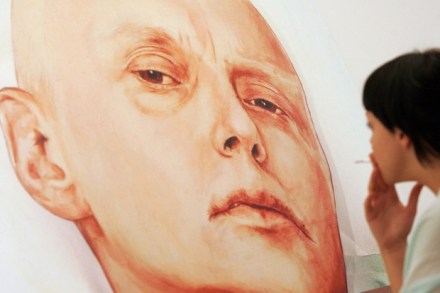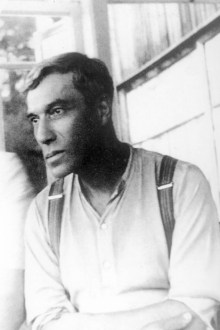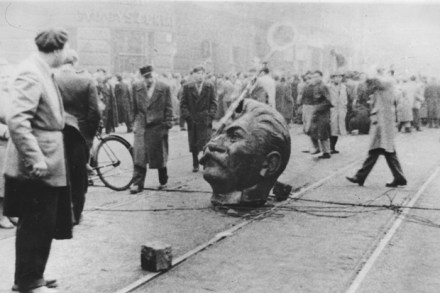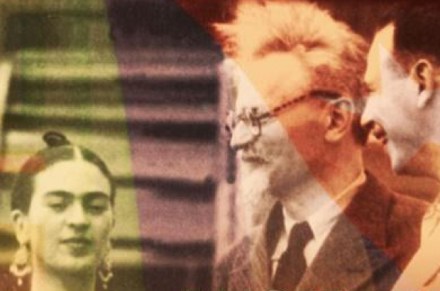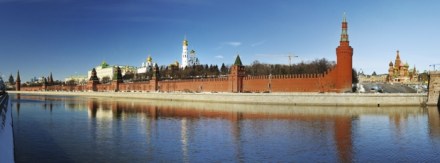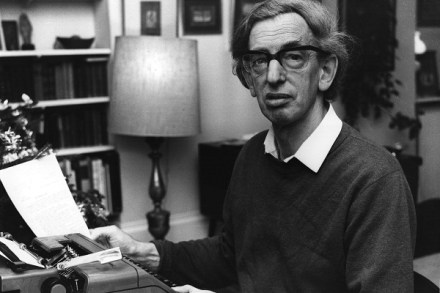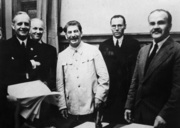Archive interview: Alexander Litvinenko on ice picks, radioactive thallium and Putin’s assassins
In the 25 November 2006 edition of The Spectator, Neil Barnett recalled his encounters with the poisoned spy Alexander Litvinenko. Two days before the magazine went to press, Litvinenko died from radiation poisoning. As Theresa May reopens the investigation into his death, we are republishing Barnett’s interview once more: The hotel off a main square in a central European capital was a seedy, low-budget place. When I asked the receptionist for Alexander Litvinenko in room 38, she looked at me blankly, then after some rooting around said, ‘We only have a Mr Jones in room 38.’ It was Litvinenko, of course, employing one of his endless ruses designed to throw off
